What to do if you become disabled and cannot work
No one ever wants to encounter a situation in which a serious medical condition, illness, or injury prevents them from being unable to work and earn a living. But, to a certain extent, disabling conditions are a fact of life. If you or a loved one is facing this situation, it is important to understand that help can be found through the Disability Insurance Benefits (DIB) program.
What is DIB or DIB?
The DIB program provides financial benefits to individuals who have a disabling physical or mental condition that prevents them from being able to work. In order to qualify, the disabling condition must either be expected to last for at least one year or result in death. Furthermore, it is not enough for a person to be unable to continue in his or her previous occupation; rather the disabling condition must also prevent a person from being able to work at a substantial level in other jobs that exist in the national economy based on a person’s age, educational level, past work experiences and the expected limitations from their injuries, illnesses, or conditions.
The DID program is funded through payroll taxes paid by workers and employers. As such, DIB benefits are available only to individuals (and certain beneficiaries) who have worked and paid into the system. (Disabled individuals with insufficient work history may still be eligible for benefits through the Supplemental Security Income program.)
How to apply for DIB benefits
Applying for DIB benefits can be a very complicated process. Because of this, it is always a good idea to get help from an experienced Social Security Disability lawyer who can help guide you through the process.
The first step in applying for DIB benefits is to work with your doctors to document the extent and severity of your disability. In addition to your normal medical records, it can be helpful to have your doctor prepare a report that details how your condition impacts your ability to work.
Once you complete your application, it will be sent to a state Disability Determination Services office for processing. The DDS may follow up with your doctors to get more information about your medical condition. The agency may also ask you to participate in a special medical examination to gather more information about your disability.
It can often take a 3 or 4 months (or more) for an initial DIB application to be processed. If your medical condition is very severe, you may want to talk with an attorney about whether you qualify for any programs that could help you get benefits faster.
What if the application is denied?
It is surprisingly common for DIB applications to be denied on the first try. The good news, though, is that the Social Security Administration offers several opportunities for appeal. If your initial application was denied, it does not necessarily mean that you will never be awarded benefits.
If you plan on appealing, it is recommended that you work with an attorney as the process can be quite complicated. Most DIB attorneys work on a contingency fee basis, meaning that they do not charge for legal fees unless they obtain money on your behalf.

